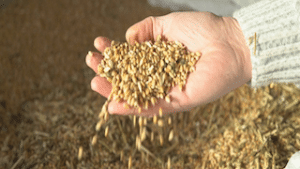
It’s the soft, natural fabric associated with high quality and versatility. Used to make everything from jeans and t-shirts to tarpaulins, oil and cattle feed, it powers a 37 billion euros a year industry. But is cotton really as pure as it seems? Claims of forced labour, pollution, and even slavery have stained its wholesome reputation, creating a market for ’ethical, responsible’ cotton. In this investigation, we follow the production chain to find out how cotton is really made and examine the claims of the ethical cotton labels.
We start in Uzbekistan, where cotton is the main cash crop. A dictatorship whose people are forcibly sent to the fields at harvest every year. In 2012, reports that children as young as 9 were being forced to pick cotton led to a global campaign to stop clothing suppliers buying Uzbek cotton. We meet the brave human rights activists who dare to denounce the system. Then, onto the spinning mills of Bangladesh, where workers live in prison-like conditions, to the indifference of contractors.
In recent years, increasing numbers of brands have committed to selling “ethical” cotton. The ‘Better Cotton Initiative’ pledges to make cotton greener and ensure a better deal for producers. But as we see, in the spinning room, this cotton gets mixed together with ‘normal’ cotton…

Sixty years of producing standardized fruit and vegetables and creating industrial hybrids have had a dramatic impact on their nutritional content. The seeds that produce the fruits and vegetables we consume are now the property of a handful of multinationals.
More info
Martin Boudot teams up with international scientists to investigate the causes and consequences of the world's most polluted river.
More info